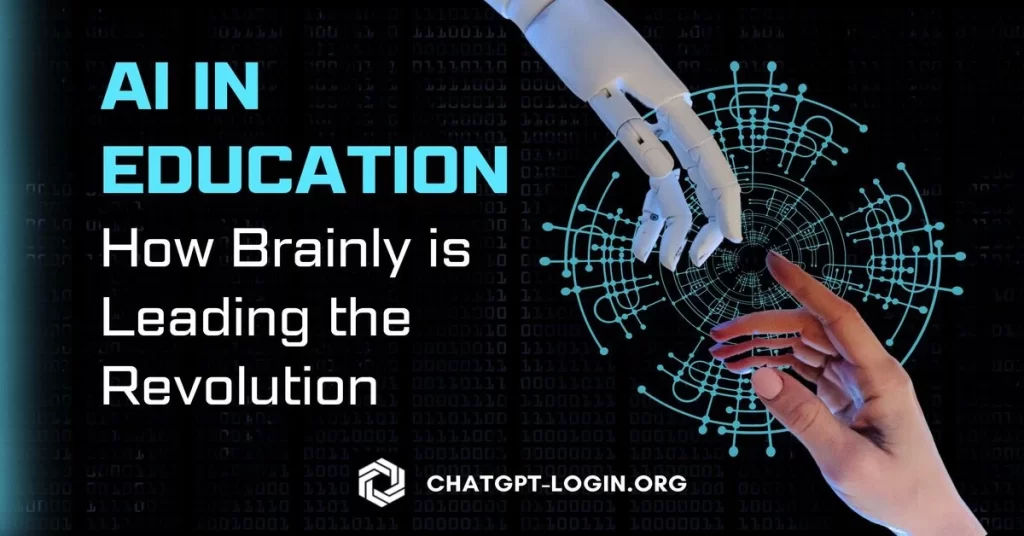In today’s tech-driven world, AI tools like ChatGPT make our lives easier by doing tasks for us. But when we use these tools, it’s crucial to know how our chat conversations stay private and secure. This article is all about making sense of the security in place when you use ChatGPT. We’ll explore how ChatGPT keeps your conversations safe, so you can feel confident using AI while keeping your information private. Let’s dive into the basics of how ChatGPT ensures your chats are secure!
Safe and Secure: Understanding the Privacy Protocols in ChatGPT
1. Data Handling
OpenAI has integrated robust privacy features into ChatGPT. User data is processed in real-time without any storage, eliminating the risk of data compromise or unauthorized access. This approach prioritizes user confidentiality.
2. User Anonymity
Users engaging with ChatGPT typically remain anonymous. OpenAI does not request personal information or mandate user account creation, fostering a heightened level of privacy for individuals interacting with the model.
3. Transient Interactions
ChatGPT operates without a long-term memory of past interactions. It does not retain user-specific data, ensuring that each conversation is an isolated event with no impact on subsequent interactions.
4. Purpose-Driven Processing
ChatGPT focuses solely on its primary function – generating human-like text based on input. It abstains from processing user data for secondary purposes, such as targeted advertising or user profiling, reinforcing its commitment to purpose limitation.
Grasping the Fundamentals:
ChatGPT, built upon the GPT (Generative Pre-trained Transformer) architecture by OpenAI, raises natural concerns about the privacy dynamics inherent in digital communication. It’s crucial to comprehend the fundamental principles that govern user interactions within the ChatGPT environment.
Essential Concepts:
1. Statelessness
A defining characteristic of ChatGPT is its statelessness. This means that the model processes each user interaction in real-time without retaining any information from previous sessions. This design choice ensures that the model operates without a historical context, bolstering user privacy.
2. Real-time Processing
User interactions with ChatGPT are processed instantaneously, contributing to a seamless and dynamic conversational experience. The absence of data retention after the conversation concludes underlines the commitment to user privacy.
3. User Data Exclusivity
ChatGPT does not have access to personal data beyond the scope of the ongoing conversation. This exclusivity minimizes the risk of information leaks or unauthorized data access, providing users with a secure platform for interaction.
4. Anonymity
Users engaging with ChatGPT typically remain anonymous. The absence of mandatory account creation or solicitation of personal details enhances the privacy aspect, allowing users to interact without compromising their identity.
Also See: Why ChatGPT is Not Working
Conclusion
In conclusion, ChatGPT conversations are designed with privacy in mind. OpenAI has implemented measures to ensure that user data is not stored or used for purposes beyond the immediate conversation. However, users should remain vigilant and avoid sharing sensitive information during interactions. As technology continues to advance, ongoing discussions about privacy, ethical considerations, and user empowerment will shape the landscape of AI interactions.


